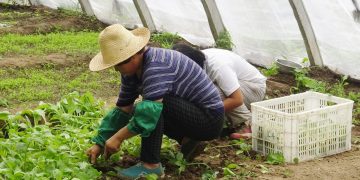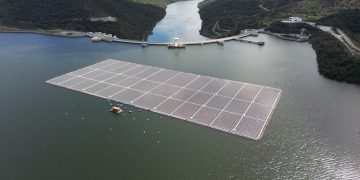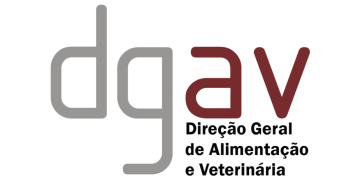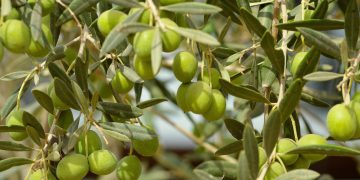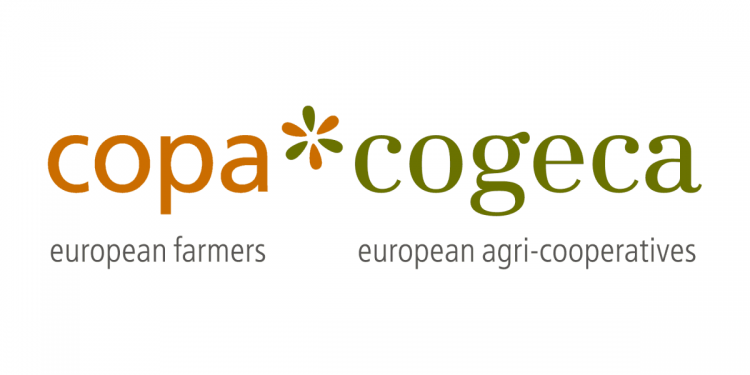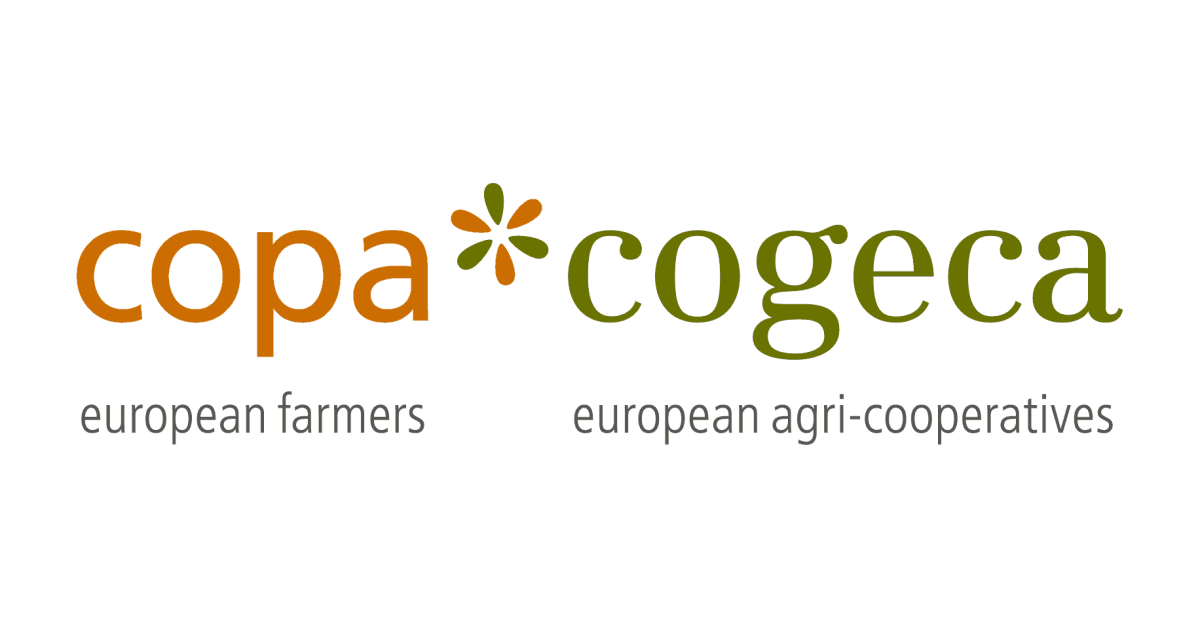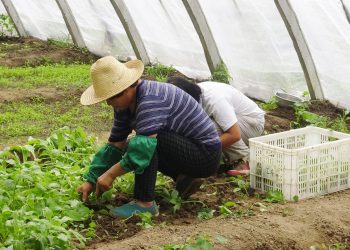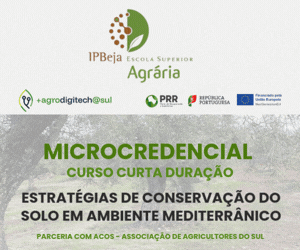The Joint Research Service of the European Commission published yesterday the long-awaited study on the cumulative economic impact of upcoming trade agreements on EU agriculture. The study brings no big news, on the contrary it provides little encouragement as to the improved performance of our exports and reinforces the concerns for sensitive sectors.
While still based on many assumptions, Copa and Cogeca appreciate the extent of and the work behind this cumulative impact study, which provides science backed arguments for the decisions of their positioning on the bilateral trade agenda of the EU. Also appreciated is the inclusion of the impact of the UK’s new trade agenda in the evaluation of the impact.
Considering the entirety of the study, some key points must be made:
- The potential for the increase of EU exports remains rather limited – only EUR 3.1 billion (1.6 %) in the conservative scenario and by EUR 4.4 billion (2.3 %) in the ambitious scenario and still largely limited to the value added, processed products, hence with limited direct extra benefits for farmers.
- The study further reinforces the concerns for the already largely impacted sensitive sectors in the EU, such as beef, sheep meat, poultry, sugar, and rice. All of which play a key role in local economies of rural areas in Europe, and which also must make do with increasing gap in production standards, especially in the case of Mercosur, but also with upcoming agreements with Thailand and India.
- The numbers also clearly reinforce Copa and Cogeca’s firm stand against the Mercosur agreement in its current state. There is no balance in our agricultural trade, with the study clearly indicating that the highest increase in EU imports’ value would be attributable to Mercosur countries, also at the expense of other trading partners.
- The study, while addressing the trade liberalization with Ukraine for the two years of “temporary” measures, bases its projections with the consideration of only what is covered by the DCFTA. It is rather obvious, that nowadays, nobody, neither the Commission itself, Ukraine or even our producers see that as the realistic baseline for the future.
- Concerning the evaluation of the impact of UK’s new trade agenda on EU-UK trading relationship, the outcome confirms the growing concerns of our producers. While increasingly losing market access to the UK market for many of our products, the EU will also most likely witness an increase in UK exports, of already sensitive commodities, such as beef and sheep meat.
Fonte: Copa Cogeca

